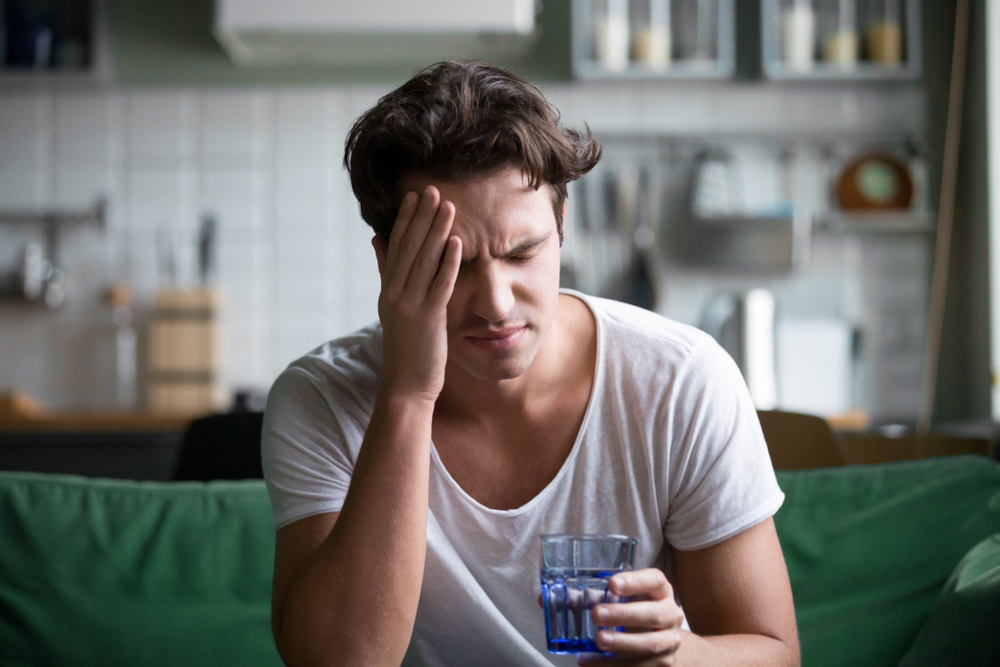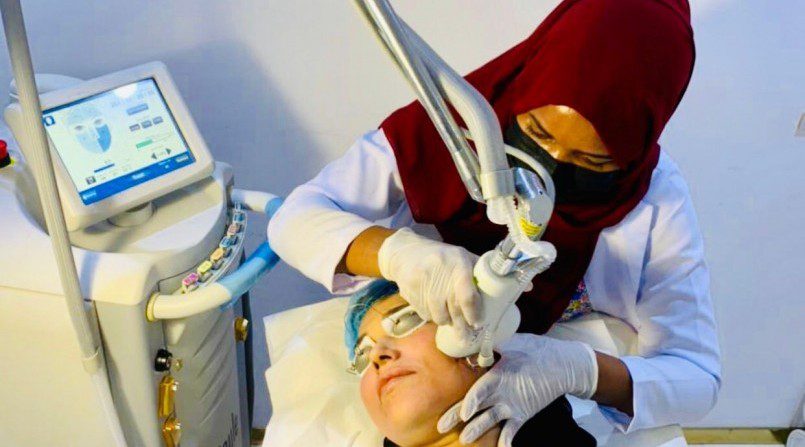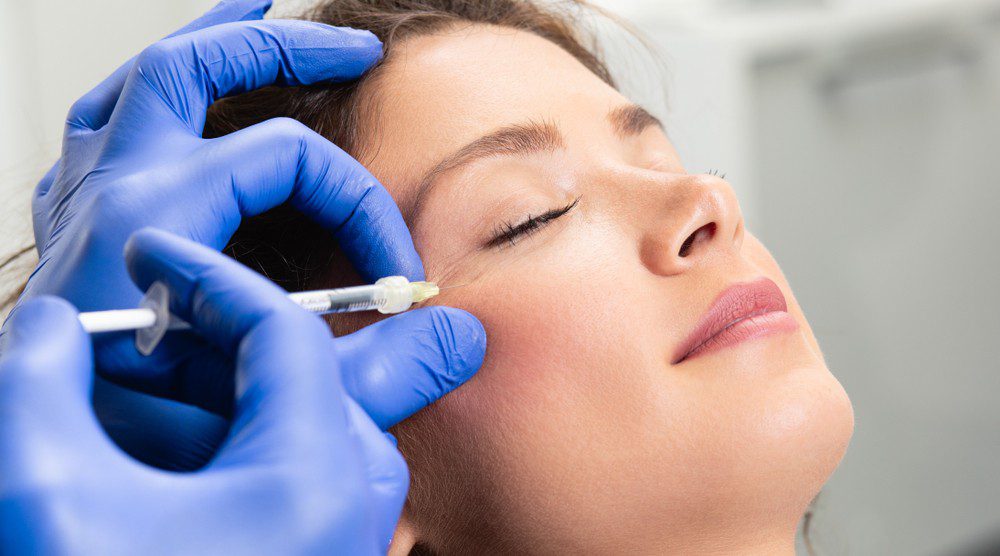Hangover - Symptoms, Treatment, and Diagnosis

What are Hangovers?
Hangovers are a common nonmedical term for the the result of alcohol's toxic effects on the body. Symptoms of hangover may include headaches, fatigue, nausea, vomiting, and difficulty concentrating. Hangover symptoms vary from person to person.
Causes of Hangover
- Direct effects of dehydration.Alcohol increases urine production, causing dehydration and symptoms like dry mouth and thirst.
- Direct effects of alcohol.Alcohol irritates the stomach lining, contributes to inflammation, and affects the digestive system, leading to nausea.
- Effects of alcohol withdrawal.After alcohol consumption, withdrawal symptoms like headaches and anxiety can contribute to hangovers.
- Effects of alcohol metabolites.Alcohol is metabolized into acetaldehyde, a toxic substance that can intensify hangover symptoms.
- Effects of factors other than alcohol.Lack of sleep, mixing drinks, and individual tolerance can worsen hangovers.
Hangover Symptoms
Physical Symptoms of Hangover
- Headache: A throbbing or pounding head is a common physical hangover symptom.
- Nausea and Vomiting: A queasy stomach and the urge to vomit can be distressing after excessive drinking.
- Fatigue: Profound tiredness and low energy levels are typical physical hangover effects.
- Dehydration: Dry mouth, extreme thirst, and dizziness result from alcohol's dehydrating impact.
- Sensitivity to Light and Sound: Increased sensitivity to sensory stimuli can cause discomfort.
Mental and Emotional Symptoms of Hangover
- Anxiety: Feelings of nervousness or unease are prevalent in hangovers.
- Mood Swings: Emotional instability, including irritability and sadness, may occur.
- Poor Concentration: Difficulty focusing or making decisions can be part of the mental hangover experience.
- Depression: A sense of hopelessness or gloominess can accompany a hangover.
- Confusion: Mental fogginess and disorientation are sometimes reported during hangovers.
Treatment & Cure for Hangover
For treating hangovers, you need hydration, vitamins, and nutrients, which are included in our IV drips to help you get over it, rehydrate your body, and refill with the vitamins and minerals removed by alcohol. Moreover, our hangover IV drip contains the famous amino acid GLUTAMINE, which is the main fuel for intestinal cells, thus improving absorption, and alleviating vitamins deficiencies.
In addition, you can have an add-on OXYGEN therapy session, which improves mental clarity, removes dizziness and nausea, and increases oxygenation of the brain and the whole body.
As a further add-on, you may get anti-nausea and a pain killer injection if required.
Also Read: Hangover Treatments
Home Remedies for Hangover
- Hydration : Drink plenty of water, herbal tea, or electrolyte-rich beverages to rehydrate your body.
- Rest: Allow your body to recover by getting enough rest, ideally with quality sleep.
- Eating well: Consume a light meal with complex carbohydrates to regulate blood sugar levels and provide energy.
- Natural remedies: Ginger or peppermint tea can soothe an upset stomach, while potassium-rich foods like bananas or coconut water can replenish electrolytes.
Risk Factors for Hangovers
Why do some people suffer worse hangovers than others? Let's explore the key risk factors:
- Alcohol Strength: Stronger drinks, like spirits, can lead to more severe hangovers.
- Quantity: Excessive alcohol consumption amplifies hangover intensity.
- Dehydration: Alcohol's diuretic effect contributes to hangover symptoms.
- Mixing Drinks: Combining different types of alcohol or sugary mixers can worsen hangovers.
- Individual Variation: Alcohol tolerance varies, affecting susceptibility to hangovers.
- Sleep Quality: Poor sleep after drinking worsens hangover effects.
FAQs about Hangovers
What are the Long-Term Effects of Hangovers?
Hangovers themselves are short-term, but chronic excessive drinking can harm your health.
How to Prevent Future Hangovers?
Moderate drinking, hydration, eating before drinking, and choosing lower-alcohol drinks help.
Are There Any Medications for Hangovers?
No magic pill, but OTC pain relievers or anti-nausea meds may offer relief.
How Long Will a Hangover Last?
Hangovers usually last 8-24 hours; rest, hydrate, and time aid recovery.
How Much Alcohol Causes a Hangover?
Varies by person and factors like tolerance, hydration, and drink strength.
When Is Emergency Care Needed for Hangovers?
Severe symptoms like confusion or seizures suggest alcohol poisoning; seek immediate medical help. Otherwise, rest, hydrate, and allow time for recovery.
Most Popular:
-

Sciton HALO vs Sciton BBL
Read More »September 20, 2022 -

What is profhilo, and how is it different from fillers?
Read More »September 20, 2022 -

Body contour solutions from SKIN111
Read More »September 20, 2022 -

Does IV GLUTATHIONE therapy work
Read More »September 20, 2022 -

How can an IV drip help you boost your energy
Read More »September 20, 2022